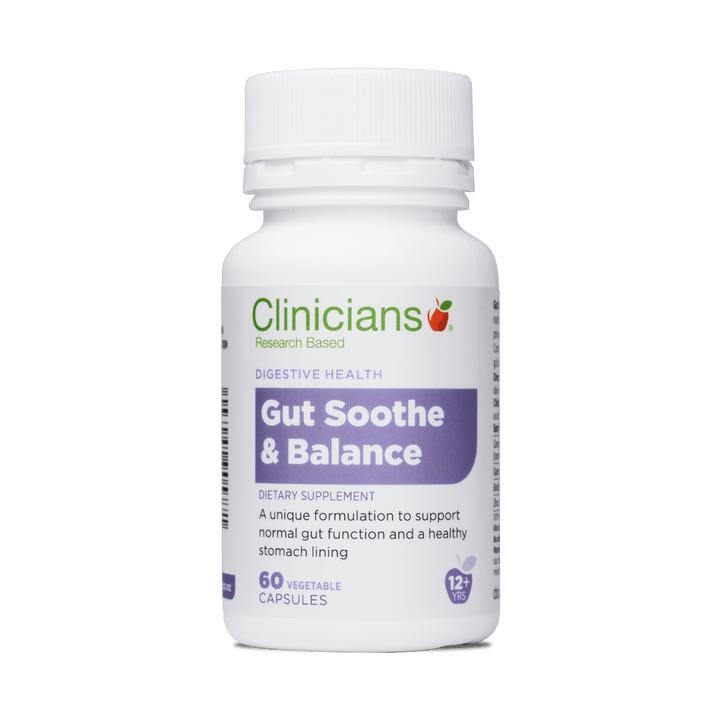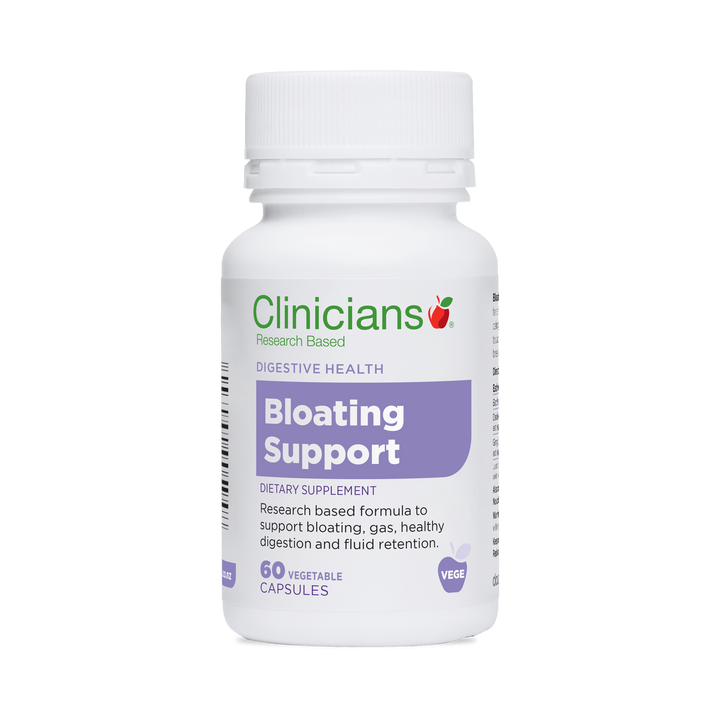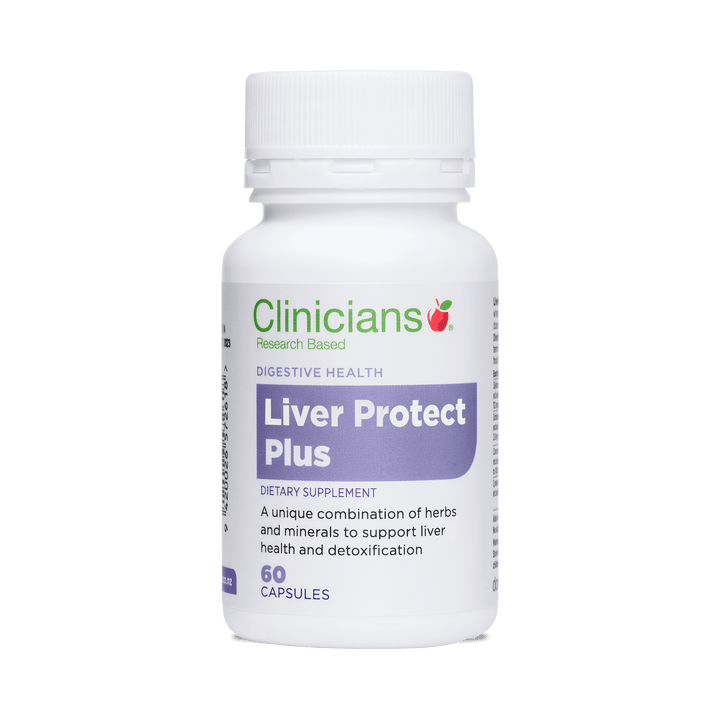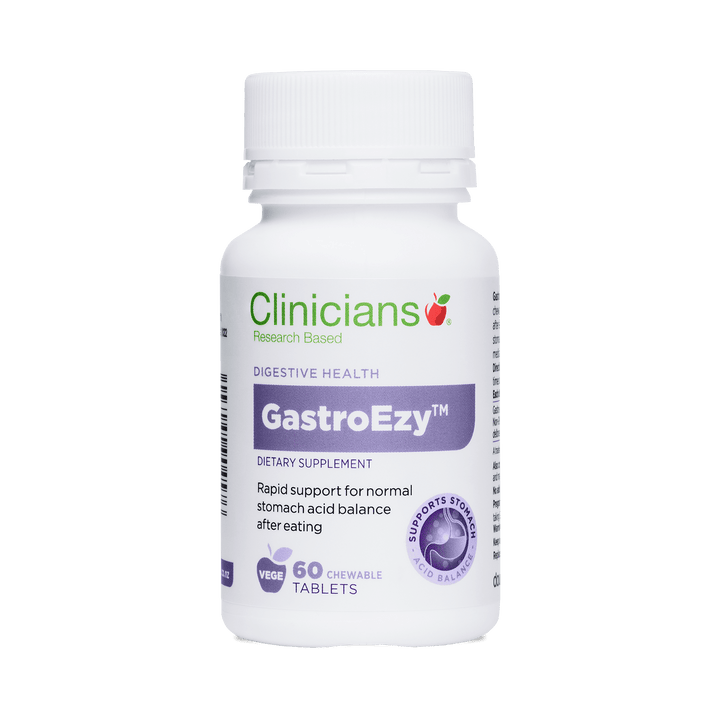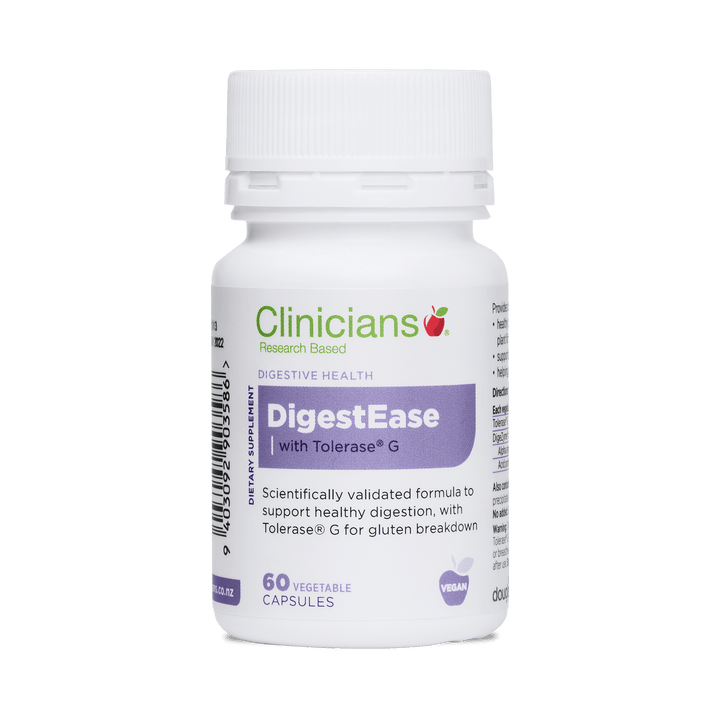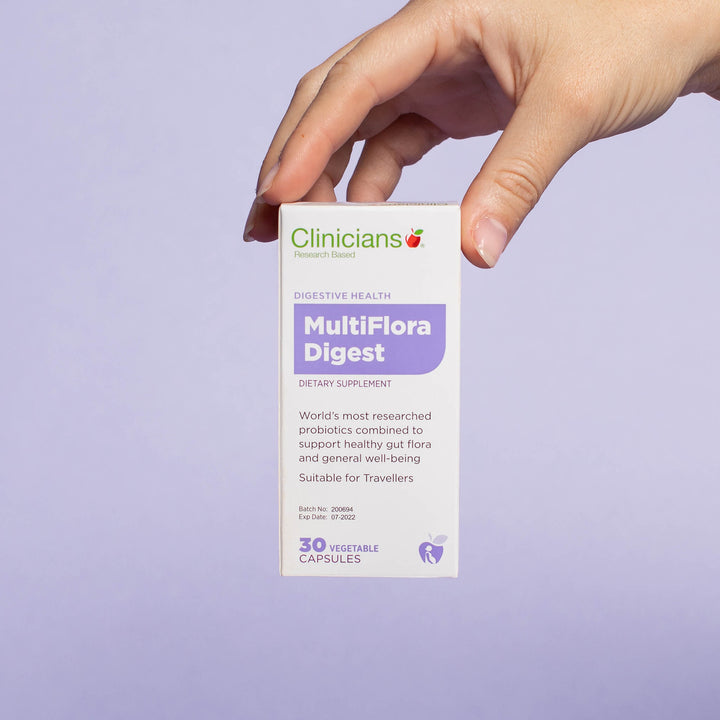Are there foods you love but know you will suffer later if you eat them? Or are discomfort, bloating, belching, bowel issues, or acidity a regular occurrence? Could be your digestive system is not 100% -find out why.
When our digestion is working well our whole focus is enjoying our food. It is only when we start to experience unpleasant symptoms after eating, that we become aware of our gut and what we have eaten that might be causing issues.
There are many aspects of our digestive system, that work in harmony to ensure healthy digestion of our food. But at some point in our lives, we might find that something has gone out of balance and we don't feel so comfortable after eating.
What are the signs of poor digestion?
Everyone experiences digestion differently, but here are some of the common signs that your digestive system might not be firing 100%, if they start to occur too often.
- Burping
- Over acidity - leading to nausea, feelings of burning and discomfort
- Bloating
- Stomach or gut discomfort
- Gas
- Poor bowel regularity
- Loose or harder-to-pass stools
What causes poor digestion?
Many areas of the digestive system need to work together for smooth digestion. These include the stomach, intestines, liver and pancreas. Each one has a way to break down the food, be it physical or chemical. Also, the body has a certain tolerance to the food we eat, but a continuous poor diet can take its toll. Here are some of the key areas that trigger digestive discomfort.
Food intolerance
Food intolerances are often confused with food allergies, although allergies are often diagnosed in younger years. Food allergies are caused by antibodies to a certain food, that may cause many issues in the body including gut issues. Food intolerances are caused by a lack of enzymes to break down a certain food. For example, no lactase to break down dairy products or enzymes to break down gluten. Since the body can't break that food down it cannot be digested and can lead to gut upsets.
Low digestive chemicals
As well as specific enzymes to break down gluten and dairy, our body creates other enzymes to break down major food categories. For example, proteins, fats and carbohydrates. Digestive enzymes can be produced in the mouth, by the digestive system and the pancreas.
As we age the amount of digestive enzymes we produce can decline, which can weaken our digestion.
In terms of fat digestion, we also produce a substance called bile in the liver. The amount we produce can be affected by the good functioning of our liver and gall bladder, but also the types of foods we eat. Low bile release can mean that fatty meals don't make us feel great.
Stomach acid out of balance
Our stomach acid is important for breaking down food, especially fats. Stomach acid should ideally be at a pH of 1.5-3.5, which is strongly acidic. Any stronger than this as we might experience burning and discomfort. Any weaker and it makes it hard to digest food, especially fatty foods. Many factors can affect the balance of stomach acidity such as poor diet, coffee, alcohol and stress. Also, as we age our production of stomach acid declines.
Poor gut health
Our gut is set up to have strong walls to only allow certain, properly broken-down foods into our bloodstream. However, factors like medications, stress, gut infections and poor diet can affect gut wall integrity, affecting food absorption and breakdown - which does not make us feel great after eating.
Also, these same factors can affect the balance of our gut bacteria. Beneficial bacteria play an important part in our digestion so they need to be in good supply. When less beneficial bacteria and yeasts take over can cause excess gas and bloating.
How can we improve digestion?
Dial up the digestive enzymes
If you feel like your digestive enzymes could use some support then increase foods that are naturally rich in enzymes. Have some fermented foods with a meal like kimchi, miso, sauerkraut and pickles. These contain both digestive enzymes and beneficial gut bacteria. Also, many fruits like mango, papaya and kiwifruit contain digestive enzymes.
Taking a multi-digestive enzyme supplement with main meals can support those who need extra enzyme support. Additional enzyme support can be helpful for those with food intolerances, to provide enzymes that are not produced in the body. Have a look at Clinicians DigestEase, which supports the breakdown of many foods including gluten and dairy. DigestEase with Tolerase®G | Clinicians – Clinicians - Science you can feel
Good fat digestion
Supporting the liver is an important part of healthy fat breakdown. This means eating bitter-tasting foods that encourage the liver to produce bile, such as green leafy vegetables. Historically herbs have been included in cooking in most cultures for their bitter and digestive qualities.
If you feel that your liver could use some support have a look at Liver Protect Plus Liver Protect Plus | Clinicians – Clinicians - Science you can feel
Settle your stomach acid
The confusing thing about our stomach is that we can get similar symptoms when stomach acid is too acidic or if it is not acidic enough. If you are having issues with acidity, burping, belching or indigestion, check out my stomach acid article, which gives you clues on how to check your stomach acid and what you can do to support a balance. www.clinicians.co.nz/blogs/journal/does-your-stomach-pass-the-acid-test
Reset your gut
If you find that you find that bloating, gut discomfort and irregular bowels are a frequent issue, you might want to consider a gut reset. Taking a probiotic to encourage healthy gut bacteria balance can be helpful. Also, nutrients rich in flavonoids like quercetin and turmeric can help support healthy gut walls. Take a look at Gut Soothe & Balance if digestive issues have been going on for a while. Gut Soothe & Balance | Clinicians – Clinicians - Science you can feel
You can also support the gut by supplying it with healthy fibre-rich foods such as fruit, vegetables, grains, legumes, nuts and seeds.
Hopefully, you have some new ideas for helping to support your digestive health. If you are having digestive issues are would like some additional support our naturopaths would love to help. Just book a 15-minute appointment on our website. Ask our Naturopaths | Clinicians – Clinicians - Science you can feel


